Tandon faculty members play a major role in the university’s climate change initiative
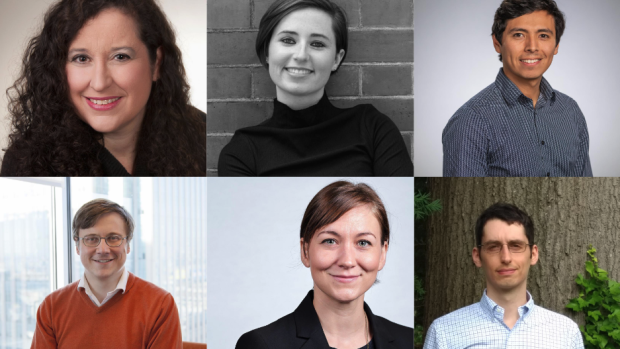
As part of NYU’s All-University Climate Change Initiative, the Office of the Provost has announced a series of seed grants, aimed at harnessing faculty expertise and research rigor in order to face the climate crisis head-on. Given NYU Tandon’s focus on sustainability across departments, it’s no surprise that several of the recipients hail from the School of Engineering.
And because finding innovative solutions to the major challenges at hand takes working at the intersections between disciplines, many of their grants are for collaborative projects with colleagues from other schools and departments.
____________________________________________________________________
Assistant Professor of Civil and Urban Engineering Jennifer Apell 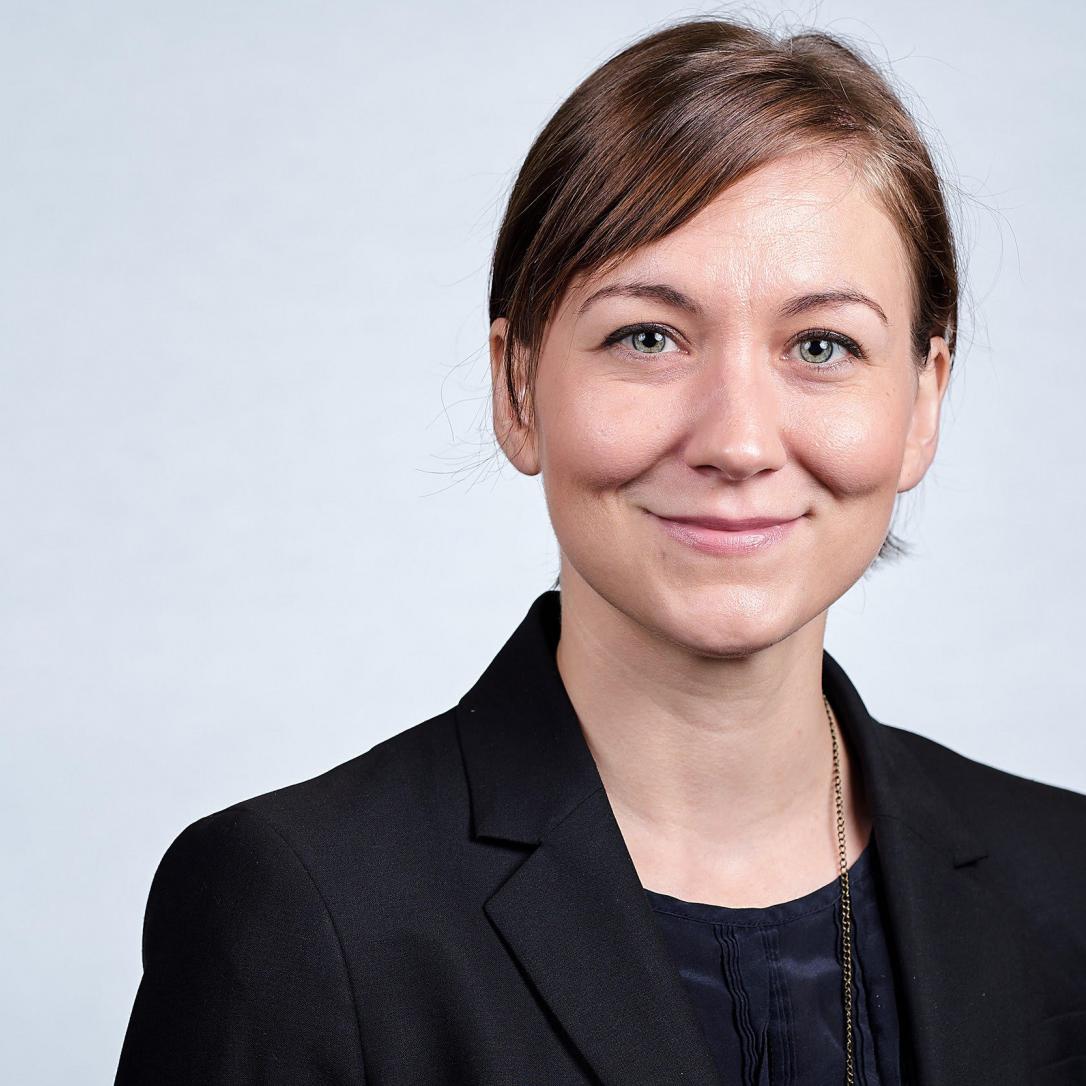
Project Name: The Impact of Pollutant Dynamics and Climate Change on the Ecological Restoration of the Hudson River Estuary
Project Description: There are data gaps on the water and air concentrations of pollutants in Hudson River Park’s Estuarine Sanctuary, and the project will fill in those gaps by conducting measurements in collaboration with Hudson River Park using a novel technique known as passive sampling that provides time-integrated concentration data. The survey will be conducted for an entire year with each sample covering a time period of 1.5 months. Combining these observations will allow investigators to address questions about the sources of pollutants and how they may impact the ecological health of the estuary.
Impetus for the Project: Apell had already received a seed grant from the Center for the Investigation of Environmental Hazards to look at similar things in a Superfund site in Brooklyn, but, as she points out, all parts of the city will be impacted by climate change. While these two areas are geographically close (~3 miles), one is classified as a heavily contaminated environment whereas the other is undergoing ecological restoration efforts as a part of Hudson River Park. These data will allow her to compare how climate change could affect the concentrations of pollutants in our urban waters and how people's exposure to them may be impacted by changing precipitation, combined sewer overflows, and storms.
Goals: The specific goal of the project is to collect measurements of these pollutants in the Hudson River to serve as a baseline from which the impacts of climate change on pollutant occurrence; movement between water, sediment, and air; and exposure to aquatic organisms and people can be predicted.
Assistant Professor of Electrical and Computer Engineering Yury Dvorkin
Assistant Professor of Civil and Urban Engineering Luis Ceferino
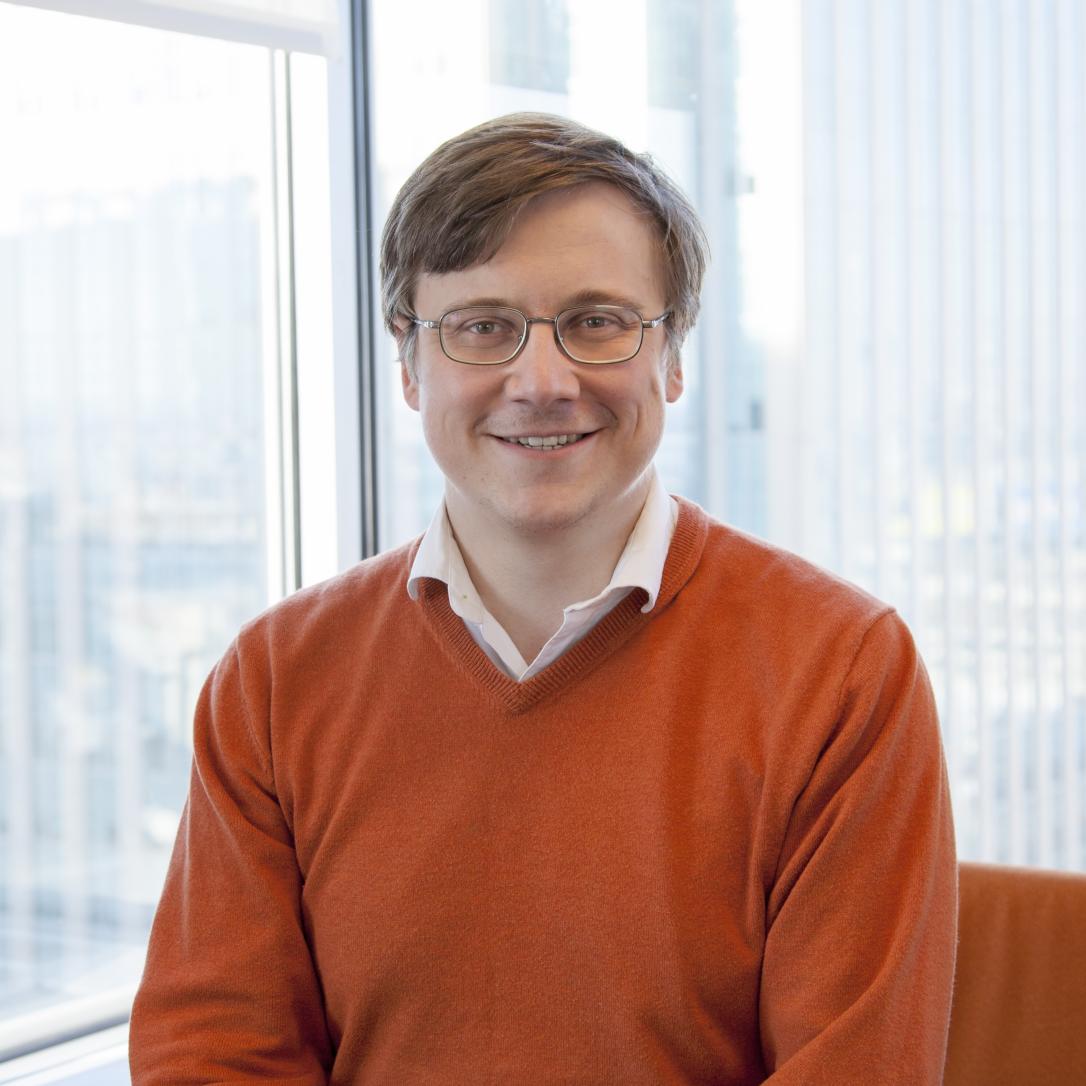
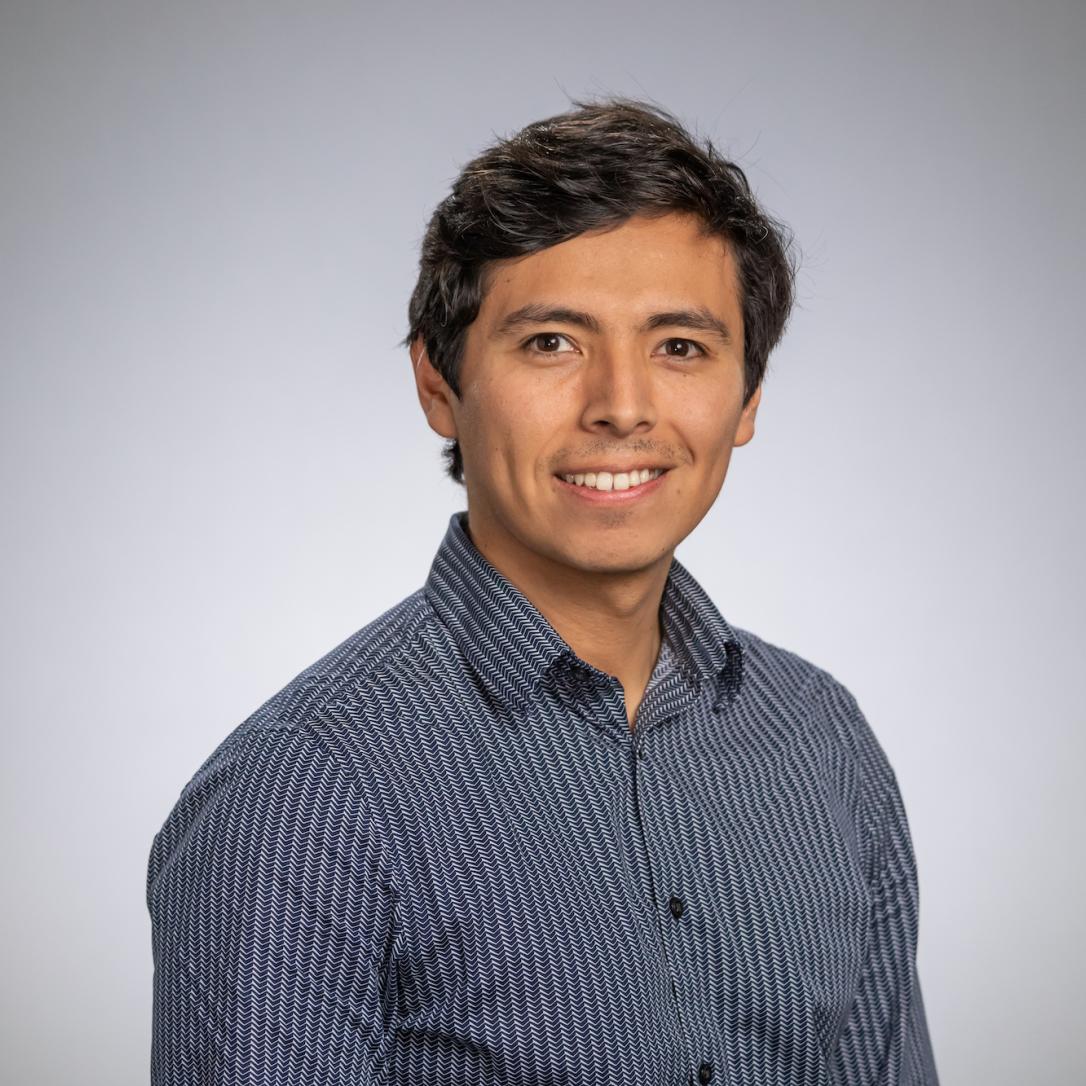
Project Name: Data-Driven Testbed for Studying Urban Energy Resiliency Under Climate Change
Project Description: By collecting data and building a digital twin for the NYU campus's electrical grid and its serving community, the researchers will assess the most effective strategies to create a more resilient, greener, and fairer grid on campus as NYU transitions to carbon neutrality by 2040. The digital twin will account for NYU's complexity, diversity, and integration with the City to test multiple resilient and sustainable infrastructure designs that are replicable on larger scales. They plan to work closely with the Office of the Mayor, so the project will have real-world impact.
Impetus for the Project: The motivation came from the fact that during Hurricane Sandy, the Washington Square Campus was, effectively, the only place in Lower Manhattan not marked with power outages. This is because the NYU microgrid was able to provide electricity to NYU residents despite wide-spread damage in the rest of New York City.
The Goal: The researchers aim to better understand the energy needs of campus buildings and facilities, and how they have changed over time--as well as to evaluate future changes given external climate change projections.
Professor of Civil and Urban Engineering Debra Laefer
(in collaboration with Mary Leou of Steinhardt) 
Project Name: Flooding Experiences in Sunset Park Through Stakeholder Interviews
Project Description: The project’s interdisciplinary team will look at climate change through the lens of storytelling, networks, and infrastructure to investigate community resilience and risk communication. This seed award will enable pilot testing of theories about social networks and disasters within an underserved, urban community impacted by Hurricane Sandy and provide valuable baseline data. The pilot work will further develop significant ties with the community, enhance researchers’ ability to work within a tri-lingual, multi-ethnic community, and create an opportunity to explore theories about community cohesiveness and uncover risk communication networks.
Impetus for the Project: Inspiration for this project came from the researchers’ common interest in addressing climate change issues in vulnerable communities but from very different vantage points. They feel that there needs to be more cross-disciplinary work to tackle complex problems like climate change. Professor Laefer's expertise in urban planning and infrastructure issues coupled with Professor Leou's expertise in environmental education and social science provides a unique opportunity for collaboration across disciplines so that we can gain new insights into how best to mitigate the impacts of flooding in vulnerable communities. Storytelling is a unique way to get to the individuals who are actually impacted by these unpredictable events and they will only increase, as we realized just last month with Henri and Ida.
Goals: The researchers hope to document the experiences of local residents in Sunset Park during and immediately after SuperStorm Sandy. Using the lens of storytelling will give voice to local residents who otherwise may not have opportunities to participate in ongoing climate change research. They hope the research will uncover problems encountered during flooding episodes in order to create new and more effective approaches to risk communication and are focusing on the large Asian and Latino populations who reside in Sunset Park. Additionally, they hope to encourage other interdisciplinary collaborations around climate change education.
Industry Assistant Professor of Technology Management and Innovation Christopher Policastro
(in collaboration with Shizhu Liu of Courant)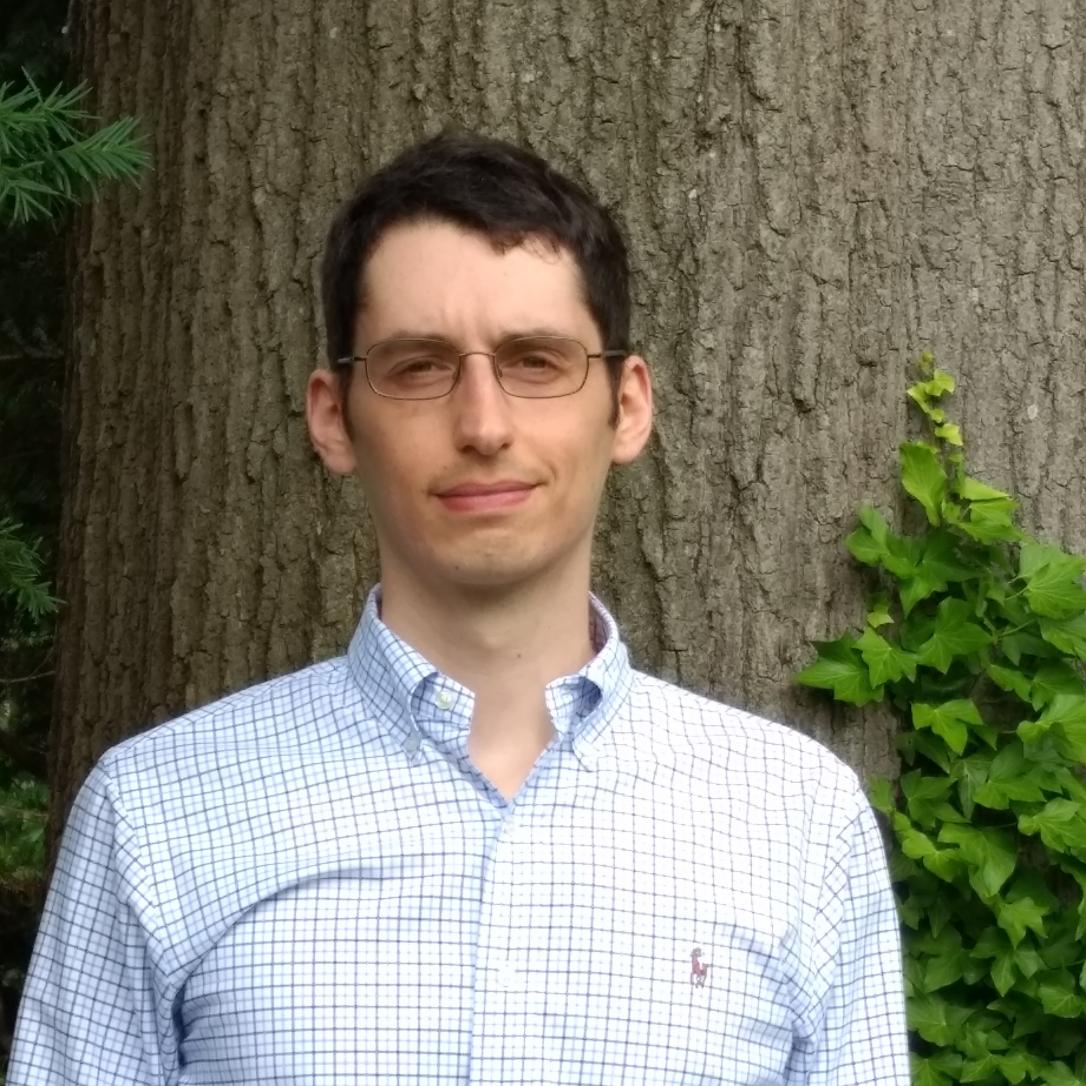
Project Name: Tracking Trends of Vegetarianism with Data
Project Description: The project aims to understand the trends of vegetarianism across China. Researchers hope to expand the Chinese vegetarian community with more accessible and accurate food discovery services that could promote a vegetarian lifestyle to 17.9% of the world’s population. The project employs machine-learning to collect, summarize, and analyze the distribution and development of Chinese vegetarian restaurants. Leveraging text mining and geographic information systems, researchers have built a vegetarian dining classifier along with an interactive dashboard to capture vegetarianism by region. The project will pivot to a more local study within the NYU Shanghai community.
As per the NYU Cool Food pledge, 48% of NYU Eats will consist of vegetarian or vegan food by 2030. Researchers will collaborate with NYU Shanghai’s dining service to survey NYU Shanghai students about their dining habits and vegetarian awareness. Implementing the models on a local scale will incorporate data at NYU Shanghai.
Impetus for the Project: Researchers started the project in Summer 2020 with two students. The Dean's Undergraduate Research Fund sponsored Yijie Wang and Jiayi Ji from NYU Shanghai. The NYU Center for Environmental and Animal Protection proposed the project as part of its Bending the Curve grant. Under the guidance of Yifei Li from Environmental Studies at NYU Shanghai, researchers sought to understand meat and dairy consumption in China.
In Fall 2020 and Spring 2021, Yijie Wang and Jiayi Ji continued the research under the university’s Vertically Integrated Projects (VIP) initiative. Researchers had the chance to present their investigations at Good Food Summit 2020. The VIP team plans to recruit students for upcoming semesters, as well.
Goals: The grant attempts to tackle two problems: understanding China's policies toward meat and dairy, and identifying incentives or disincentives for production and consumption. The project provides data to quantify the prevalence of vegetarian-like diets in China. The maps track trends over time with stratification by region and demographic factors. Researchers hope to share the maps through usable, accessible and interactive dashboards. Along the way, researchers want to find external partners like VegRadar (https://www.sushileida.com/vmap/#/); and internal partners like NYU Shanghai dining services.
Adjunct Professor of Technology, Culture and Society Mona Sloane
(in collaboration with Allyson Green, Dean of the NYU Tisch School of the Arts) 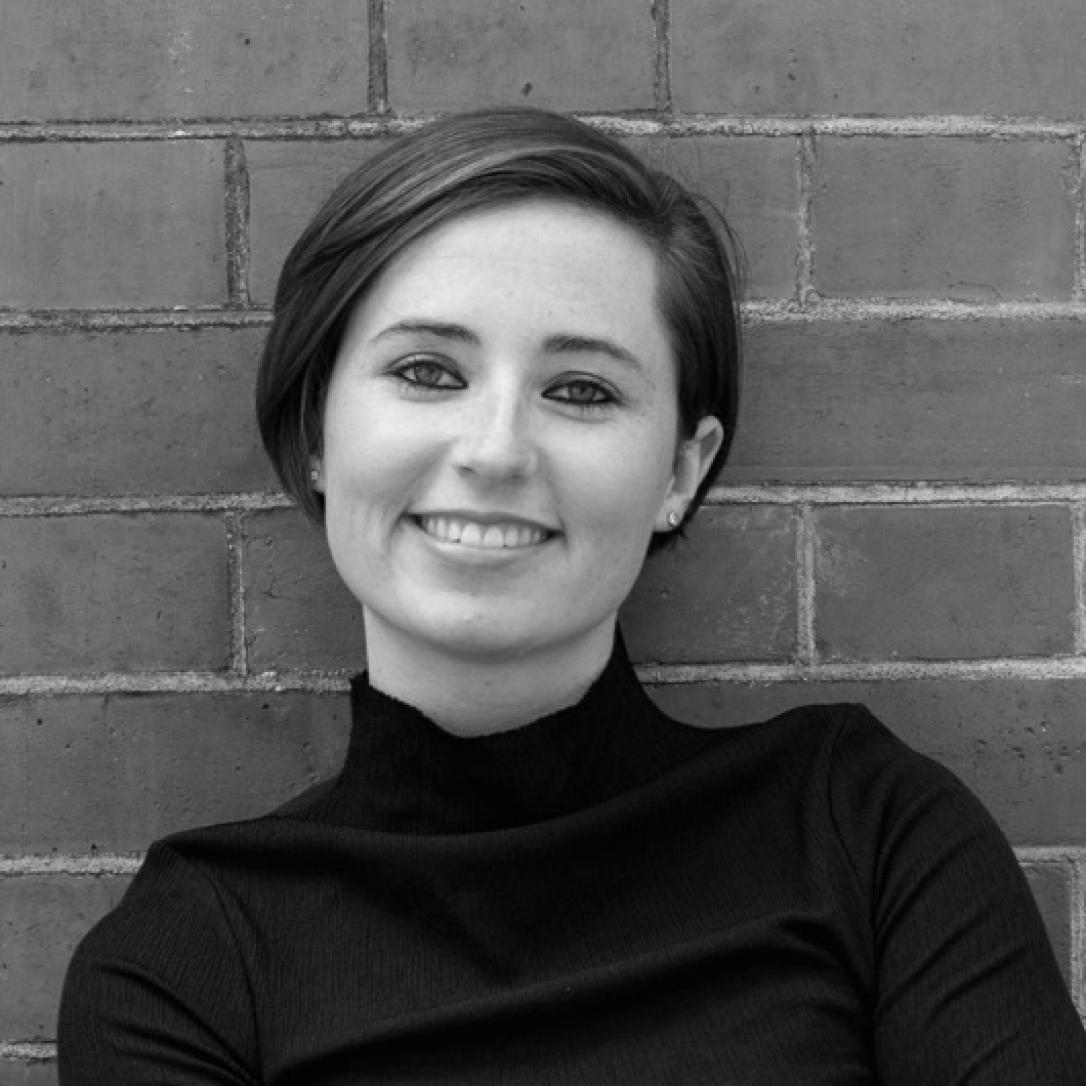
Project Name: "This is Not a Drill": Working Group on Technology, Inequality and the Climate Emergency
Project Description: The *This Is Not A Drill* program, housed at NYU Tisch, will incrementally develop a public pedagogy on technology, art, and the climate emergency. By convening a group of faculty fellows (including, recently, Industry Assistant Professor of Technology, Culture and Society Tega Brain), whose work focuses on critically and creatively examining the intersection of technology, society, and the climate emergency, and who are integrating that focus into their teaching, *This Is Not A Drill* will engage the public in the fellows' examinations and their findings. The *This Is Not A Drill* program serves as a platform for other internal or external artists and activists to share their work on technology and the climate emergency which can be amplified through the program’s networks.
Impetus for the Project: Sloane is the Director of the *This Is Not A Drill* program, which she developed as 2020-21 Future Imagination Collaboratory Fellow at Tisch.Taking as a point of departure that AI is undeniably capturing the imagination of governments, corporations, and individuals alike
Sloane writes about how we are seeing more and more evidence that demystifies the account that AI is de facto neutral and shows that existing power imbalances, inequalities, and cultures of discrimination are mirrored and exacerbated by automated systems. She comments that these are warranted concerns that are increasingly addressed through the idea of “ethical”, “human-centric” or “fair” AI. Many of these efforts are important interventions. But what falls outside of their frame is the most existential threat we currently face as a planetary community: the climate emergency.
Goals: Combining technology, the arts, critical thinking, and activism could address the intractable social problems that are entangled with both the rise of AI and the climate crisis if highly collaborative ways for individuals and communities to become active change-makers are found. The *This Is Not A Drill* program aims to do exactly that by staging a range of small creative interventions that bring together students, social scientists, AI technologists, artists, activists, and policy makers to envision a new and radical agenda to address the climate emergency in the age of AI.




